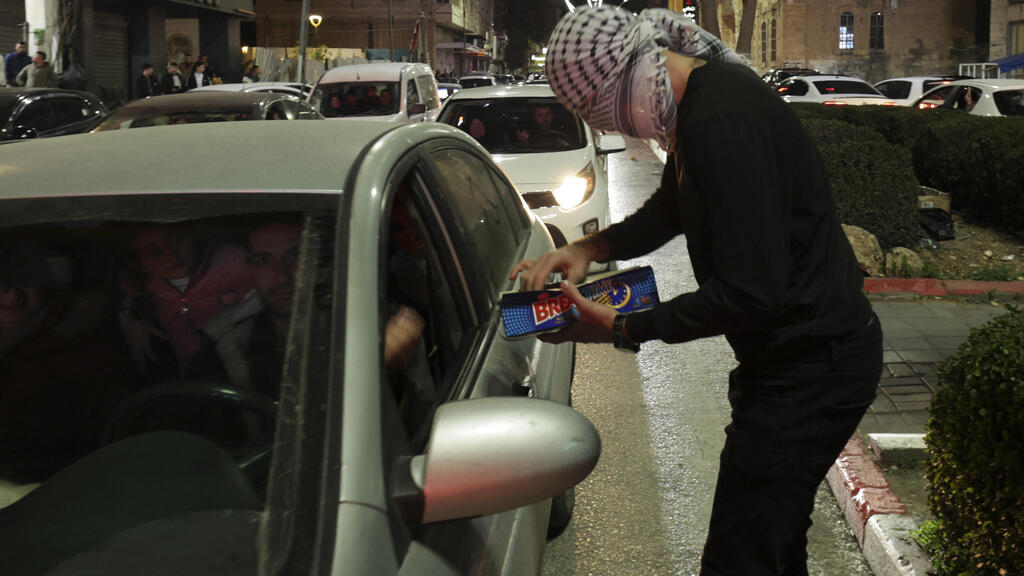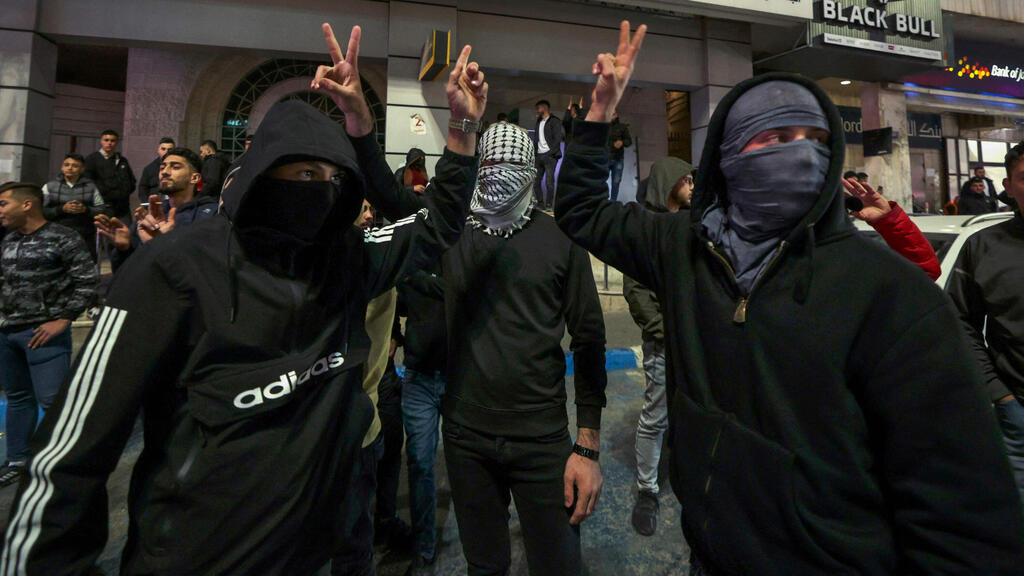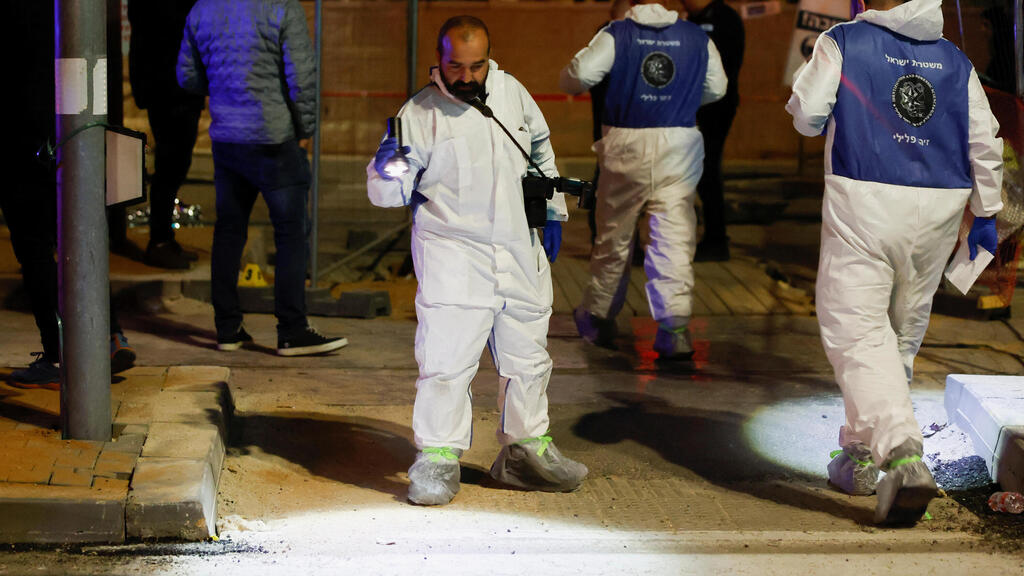The recent terrorist attacks in Jerusalem were said to have been carried out by so-called “lone wolves,” and were not affiliated with any known terrorist organization.
While the latter were quick to praise the atrocities, there was no evidence the attackers themselves were trained or equipped by any of these organizations. Nor was there evidence the attacks were ordered by any of these groups.
The “lone wolf” argument was often used by heads of the security forces in Israel (and elsewhere) to push back against allegations they bungled their mission. These officials often correctly argued it was exceedingly difficult, if not impossible, to preemptively thwart an individual with no terrorist links, no criminal background and no incriminating social media footprint who decides on his own to go on a murderous rampage.
However the characterization of the attacks in Jerusalem as “lone wolf” events is tantamount to not seeing the forest for the trees. In fact given the spate, variety and geographical distribution of terrorist attacks unleashed by Palestinians and Israeli Arabs since the 2021 Gaza operation known as “Guardian of the Walls,” it is high time to consider the existence of an Arab “shadow army.”
Admittedly this “army” lacks a supreme commander nor does it comprises organized units. It is also devoid of a unified strategy or a coordinated operational plan. Its “operations“ are sporadic and even spontaneous. Nevertheless, there are four elements which makes this “army” a reality:
First, widespread shared deep-seated enmity and hatred of the Jewish population residing on the same territory or its immediate vicinity.
Second, unity of purpose. Whether as revenge or because of other grievances they harbored, all terrorists were motivated by a common desire to kill Jews. Indeed this desire meant that Jewish civilians - rather than members of the Israeli security forces “the tools of Zionist oppression“ - are often the targets.
3 View gallery


Palestinians handing out sweets in celebration of seven Israelis being killed in Jerusalem
(Photo: AFP)
Third, access to weapons. While the exact number of illegal arms in the hands of Israeli Arabs and Palestinians is hard to gauge, acquisition of such means is hardly an insurmountable logistic problem. In fact, Israel’s enemies - be it Iran and Hezbollah or the Palestinian terror organizations - in their efforts to open an internal front against it are working hard to expand the lethal cache available to the Arab population in Israel and the territories.
Fourth, widespread readiness to act even at the cost of ones own life. This motivation is fueled in large measure by the ideal of seeking martyrdom in line with the shuhada tenet of Islam. While in its origin its meaning was different, in recent times Islamic martyrdom has become associated with suicide missions conducted by Muslim terrorists.
As if this was not enough the broad access to the internet, where virulent incitement against Jews is pervasive, and the almost universal use of mobile communication devices in both Israel and the territories has meant that a vast pool of new "recruits” to the Arab “shadow army” is being groomed 24/7 and can be summoned at any moment.
Under these circumstances, it appears the most significant countermeasure announced by the Netanyahu government in the wake of the recent attacks was the proposal to facilitate the arming of more qualified Jewish civilians.
In adopting this step, Israeli leaders have recognized implicitly that the country’s security forces could not provide an adequate solution to the growing terrorist threat. They could not be present simultaneously everywhere all the time. In fact, the government’s decision is a de-facto acknowledgement that in order to combat the Arab “shadow army” - a Jewish “shadow army” must be established.
The reality of the Arab “shadow army” and its potential strategic impact have been recently recognized tacitly by Israel’s military chiefs as well. For example, defense officials have warned the IDF might be required to deploy troops in mixed Israeli cities to keep the peace in case of another Israeli-Palestinian conflagration. They have also voiced concern that the army’s internal supply lines could come under threat in any future conflict requiring the military to allocate manpower and resources to secure those routes.
Israel’s efforts to reorganize and expand its police and border guard forces are also related to the need to address the threat posed by the “soldiers” of the Arab “shadow army.” Undoubtedly the deadly riots unleashed by Israeli Arabs in some mixed cities in May of 2021 served as belated wake up all.
The Netanyahu government’s plan is certainly not without potential repercussions. Nevertheless, assuming easing the firearms licensing process attracts enough Israelis, a Jewish “shadow army” maybe in the offing aimed to confront the Arab one. If so the stage could actually be set for people to people warfare in Israel and the territories.
Dr. Avigdor Haselkorn is a strategic analyst and the author of books, articles and op-ed essays on national security issues.



